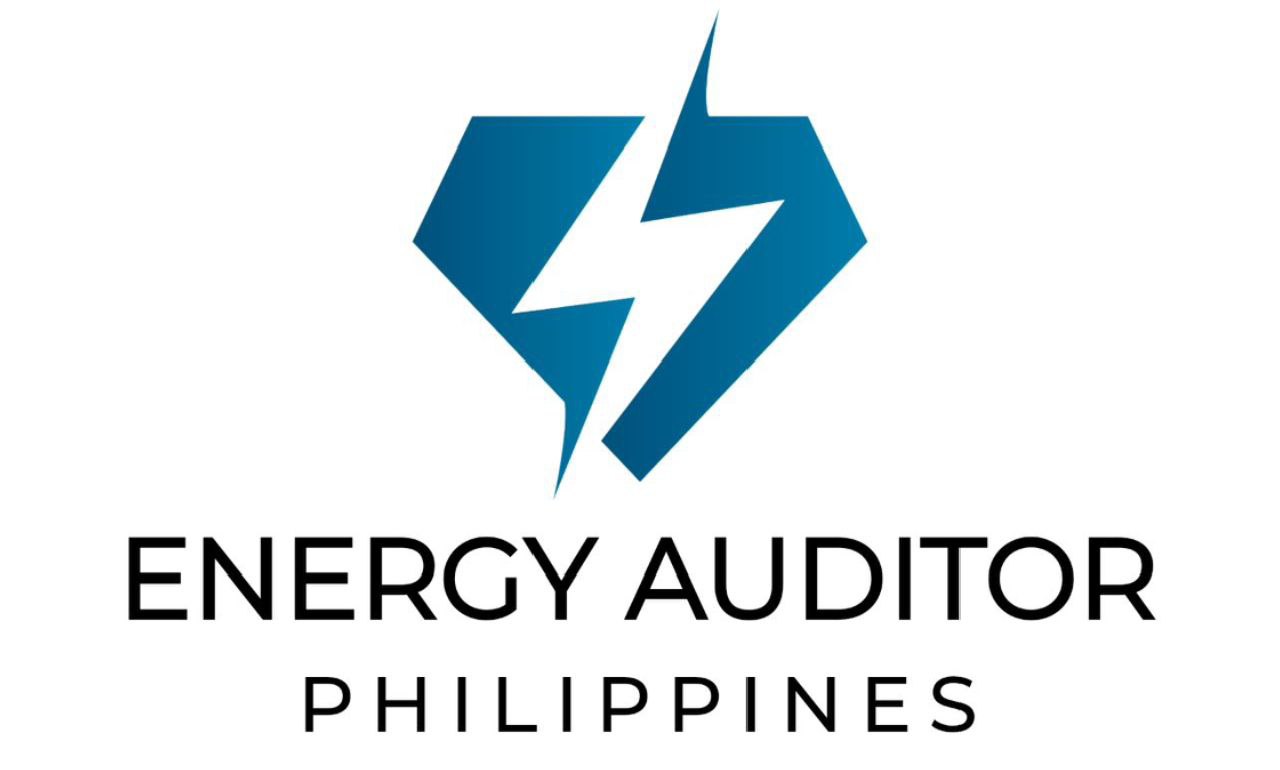Republic Act No. 11285 (RA11285), also known as the Energy Efficiency and Conservation Act, underscores the importance of energy efficiency in achieving sustainability and energy security in the Philippines. To ensure compliance, the law outlines specific prohibited acts and imposes penalties for violations. Understanding these provisions is crucial for businesses to avoid sanctions and contribute positively to the nation’s energy efficiency goals.
Prohibited Acts Under RA11285
RA11285 identifies a range of prohibited acts designed to uphold the integrity of its implementation and promote responsible energy management. Key violations include:
- Failure to Submit Mandatory Reports
- Designated Establishments (DEs) are required to submit the Annual Energy Efficiency and Conservation Report (AEECR) and Annual Energy Utilization Report (AEUR). Non-submission or submission of incomplete or inaccurate reports is a direct violation.
- Non-Compliance with Energy Audits
- DEs must conduct energy audits every three years. Failure to meet this requirement is considered non-compliance.
- Tampering or Misrepresentation
- Tampering with data or submitting falsified reports to the Department of Energy (DOE) is strictly prohibited.
- Failure to Appoint Certified Energy Practitioners
- DEs must engage Certified Energy Managers (CEMs), Certified Energy Conservation Officers (CECOs), or Certified Energy Auditors (CEAs), depending on their typology. Non-compliance with this requirement is punishable under the law.
- Obstruction of DOE Inspections
- DEs must allow the DOE to conduct monitoring and inspections to verify compliance. Obstructing these activities is a violation.
- Neglect of Minimum Energy Performance Standards (MEPS)
- Businesses failing to meet the MEPS outlined by the DOE may face penalties.
Fines and Penalties for Non-Compliance
RA11285 imposes graduated penalties to encourage compliance and deter violations. These penalties include:
- Monetary Fines
- First Offense: A fine of up to ₱100,000.
- Second Offense: A fine of up to ₱500,000.
- Third and Subsequent Offenses: A fine of up to ₱1,000,000 and endorsement to local government units for administrative sanctions.
- Administrative Sanctions
- Repeat offenders may face additional administrative actions, including suspension of operations or business permits.
- Criminal Liability
- In cases involving willful violations, such as falsification of data, criminal charges may be filed against responsible parties.
The Importance of Compliance
- Avoiding Financial and Operational Consequences
- Penalties can impose significant financial burdens on businesses, and administrative sanctions may disrupt operations. Compliance ensures smooth business continuity.
- Building Corporate Reputation
- Adherence to RA11285 demonstrates a commitment to sustainability and responsible energy use, enhancing a company’s reputation among stakeholders and consumers.
- Contributing to National Goals
- By complying with energy efficiency standards, businesses play a critical role in reducing the country’s overall energy consumption and dependence on imported fuels.
- Gaining Access to Incentives
- Compliant businesses may qualify for incentives such as tax breaks and grants for energy-efficient projects under the law.
Best Practices for Ensuring Compliance
- Understand Your Obligations
- Familiarize yourself with RA11285 and its Implementing Rules and Regulations (IRR), especially the requirements for your typology.
- Engage Certified Energy Practitioners
- Appoint CEMs, CECOs, or CEAs to guide compliance efforts and oversee energy efficiency initiatives.
- Leverage Technology
- Use tools such as the DOE’s DE Online Submission Portal to simplify the reporting process and track compliance deadlines.
- Conduct Regular Internal Audits
- Regularly review energy consumption and performance to identify potential non-compliance and address it proactively.
- Educate and Train Staff
- Ensure that all relevant personnel are aware of RA11285 requirements and the importance of energy efficiency in business operations.
How the DOE Enforces Compliance
The DOE is responsible for monitoring and enforcing RA11285 compliance through:
- On-Site Inspections
- DOE representatives may visit facilities to verify submitted reports and assess compliance with energy efficiency measures.
- Post-Evaluation of Reports
- The DOE reviews AEECR and AEUR submissions for accuracy and completeness, providing feedback where necessary.
- Issuance of Notices
- Non-compliant establishments receive notices outlining violations and required corrective actions.
- Imposition of Penalties
- For unresolved violations, the DOE imposes fines or recommends administrative sanctions.
RA11285 is more than just a regulatory framework—it’s a call to action for businesses to adopt sustainable energy practices and contribute to the country’s energy security. By understanding the prohibited acts and penalties under the law, businesses can take proactive steps to ensure compliance, avoid sanctions, and unlock the benefits of energy efficiency.
Compliance is not just about avoiding fines; it’s about creating a culture of responsibility, innovation, and sustainability. Embrace RA11285 as an opportunity to lead in energy efficiency and drive positive change.








































